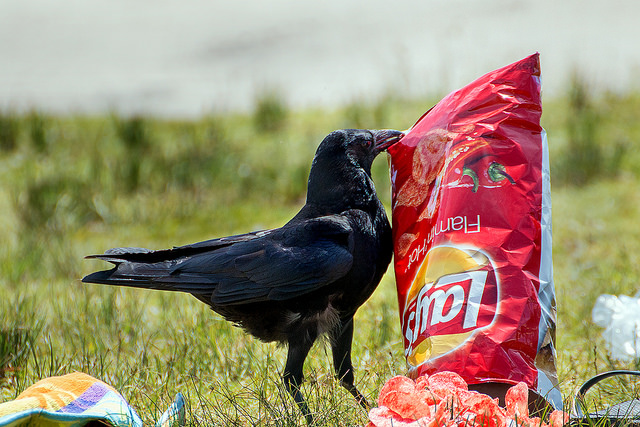Julia Belluz reports for Vox that it might be time for the government to step in, tax junk food, and help address the obesity epidemic in the United States. A tax on unhealthy and high-calorie food might deter people from eating too much junk food and encourage them instead to eat a healthy balanced diet. Some experts even recommend avoiding nutritional supplements like Ensure and Boost, because of their high sugar, low-protein content, and eating Greek yogurt and other protein and calorie-rich foods instead.
The value of a tax on sugary drinks and other junk food seems pretty clear. The tax increases the cost of junk food, which not only keeps people from buying junk food, it raises money for health promotion. And, it may sway companies to manufacture less junk food and more healthy food. Finally, the tax helps educate people more about the health risks of junk food.
A federal tax on junk food would be similar to a federal tax on cigarettes or alcoholic drinks. And, the US already has both federal and state taxes on cigarettes to deter Americans from smoking. Since 2009, the federal tax alone is $1.01 a pack. While there is no federal tax on alcoholic drinks, most states impose a tax on beer, wine and spirits. In addition, in the last several years eight cities in the US have imposed a tax on soft drinks.
Berkeley, California’s one cent tax per ounce on soda, energy drinks, sports drinks and sweetened ice teas was shown to decrease soda consumption by 26 percent. A separate study showed that, after the tax was imposed, sales of sugary drinks declined and sales of healthier drinks increased with no overall increase in grocery bills.
The United States could benefit from a federal excise tax on unhealthy drinks and snacks with no nutritional value. Both the United Kingdom and Mexico have enacted a soft drink tax. The data suggests that the tax is working in those countries to reduce purchases of sugary drinks.
Jennifer Pomeranz and others report in the American Journal for Public Health that making junk food more costly would promote public health. The US could tax chocolate and other processed snack foods that are “non-essential.” They propose imposing an excise tax on the companies that manufacture non-essential foods, driving up the price of those foods.
According to the Centers for Disease Control, more than one in three children between the ages of two and 19 in America eat junk food each day. Adults eat less junk food than children; about 10 percent of their caloric intake. But, hospitals and nursing homes often feed older people sugary drinks, nutritional supplements, which arguably should be avoided.
Dr. Dave Lieberman writes in the New York Times that sugary nutritional supplements should not be what the doctor orders, even for older people who need to increase their calorie intake. He says that Boost and Ensure, two of the biggest selling nutritional supplements, have water and corn syrup as their two primary ingredients and very little protein content. These ingredients can promote diabetes, heart disease and fatty liver disease. He recommends full fat Greek yogurt, which is high in calories and high in protein and is also a probiotic. Almond and soy-based drinks are also recommended.
Here’s more from Just Care:
- Medicare covers nutrition counseling
- John Oliver explains the risk of too many spoonfuls of sugar
- Snack bars are not as healthy as you might think
- Many Americans eat dessert for breakfast
- To lose weight, try eating dinner at lunch

Leave a Reply